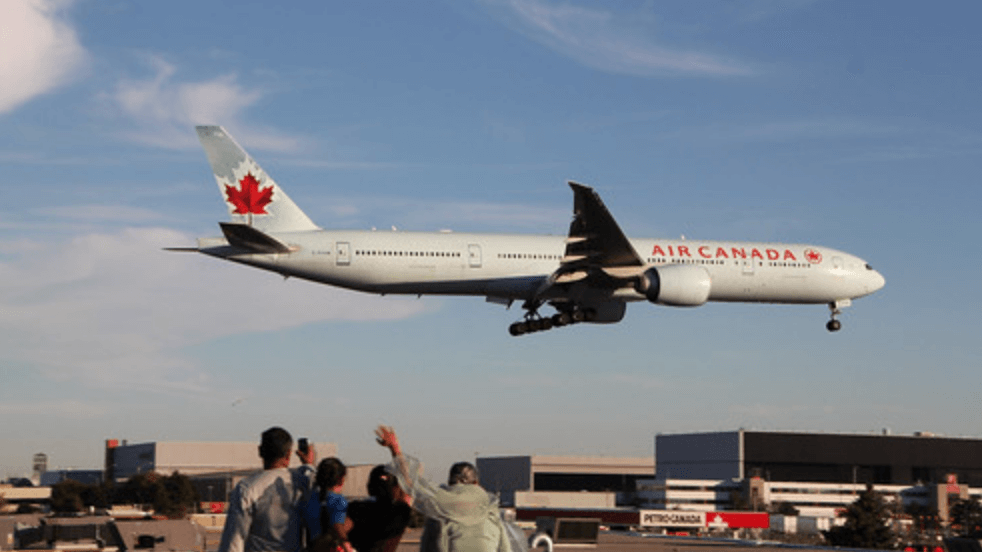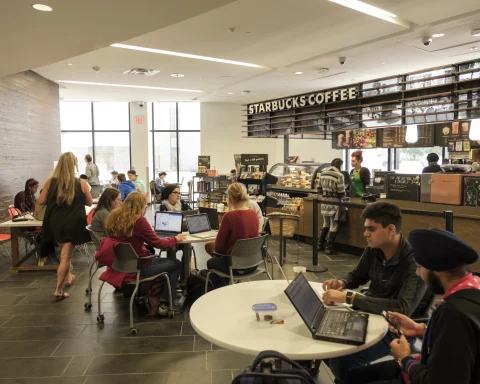After almost three months of lockdown because of the COVID-19 pandemic, Canada and other countries around the world are working to slowly re-open. As they do, immigration will be a key component to their economic recovery.
The question Canadian policymakers should be considering: will immigrants want to move and call Canada their new home? At the moment, it’s a theoretical question. However, a closer look at a number of trends suggests that a rebound in immigration to Canada is far from a guarantee.
A recent report by RBC underscores the extent to which the pandemic could derail Canada’s immigration-driven economy. With travel restricted and the pandemic still spreading in some parts of the world, quarantines and shutdowns are going to be a key part of the ‘new normal.’ The impact of closed borders and restricted movement on migration will not only interrupt movement but it will also create backlogs and other obstacles in immigration systems that most countries will have to wrestle with.
For Canada’s immigration levels to return to pre-COVID levels, Canadian governments will have to look beyond our borders to see how it has handled the pandemic relative to other countries.
Canada does not fare well compared to global counterparts
According to Worldometer, Canada ranks 17th worldwide in the most deaths per million, at 217, as of June 15, 2020. When this is broken down by region, as done by Andrew Griffith on the Multicultural Meanderings web site, death rates in Quebec are higher than the United States or Italy – and almost as high as the United Kingdom.
By this metric, Canada also does not fare well when it compares itself to the countries that are its most prominent sources of its immigrants. In 2019, the top 10 countries of citizenship of new permanent resident admissions to Canada were: India, China, Philippines, Pakistan, United States, Syria, Eritrea, South Korea, and Iran.
Among these, all but the United States had lower death rates, per million, from COVID-19 than Canada. And it wasn’t even close. China had a low of three deaths per million, while Iran had 107 deaths per million.
Policymakers would also be wise to consider that many of Canada’s hardest hit neighbourhoods by the pandemic were ones with a high concentration of recent immigrants. That reality undercuts many of the perceived advantages Canada presents to immigrants, such as its accessible and strong health care system or its quality of life.
When Canada is compared to other immigrant receiving countries such as Australia or New Zealand it does not fare well either. Australia ranks 129th in most deaths per million and New Zealand declared victory over the pandemic. Both managed the disease more efficiently and have a head start in reopening. As the world may experience a second or future waves of the pandemic, Canada does not look as attractive compared to competing immigrant receiving countries.
Multicultural ‘veneer’ tarnished by recent events
While Canada is recognized internationally for being open and multicultural, that veneer has been tarnished slightly by many reported incidents of anti-Asian discrimination. Polling shows that the majority of Canadians believe negative attitudes towards Asian-Canadians have increased since the pandemic and the Vancouver police report that anti-Asian hate crime has gone up in the city this year. Given that the top three source countries of newcomers last year were all Asian, this too makes the country less attractive.
The good news for Canada is that people have continued to apply for immigration and the country has continued processing applications during the pandemic. However, if the country aims to re-kindle its high level of immigration intake, it will need to reopen its borders. Canada cannot sit back and assume that people will want to come. Canadians will have to do the hard work of assuring newcomers that the country is indeed safe, healthy, and a welcoming place to build a future.
Howard Ramos is a political sociologist at Dalhousie University, Halifax, who investigates issues of social justice and equity. He is currently working on projects looking at Atlantic Canadian, secondary cities, integration of immigrants and refugees, hockey and multiculturalism, and the social implication of AI and new technology.






It would be wise for Canada to make concessionsary draws in the interim from people who originate from countries where the virus is managed.